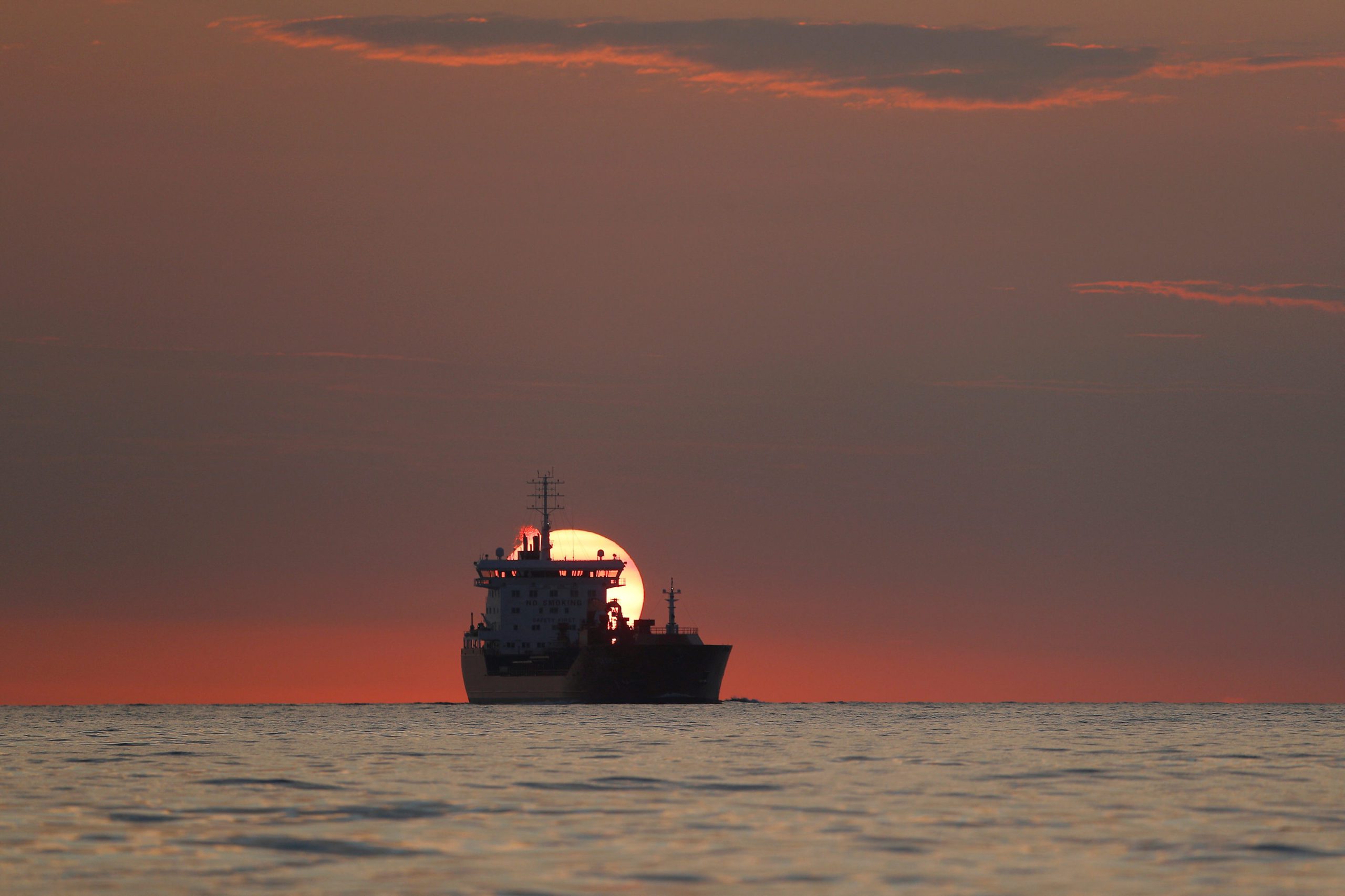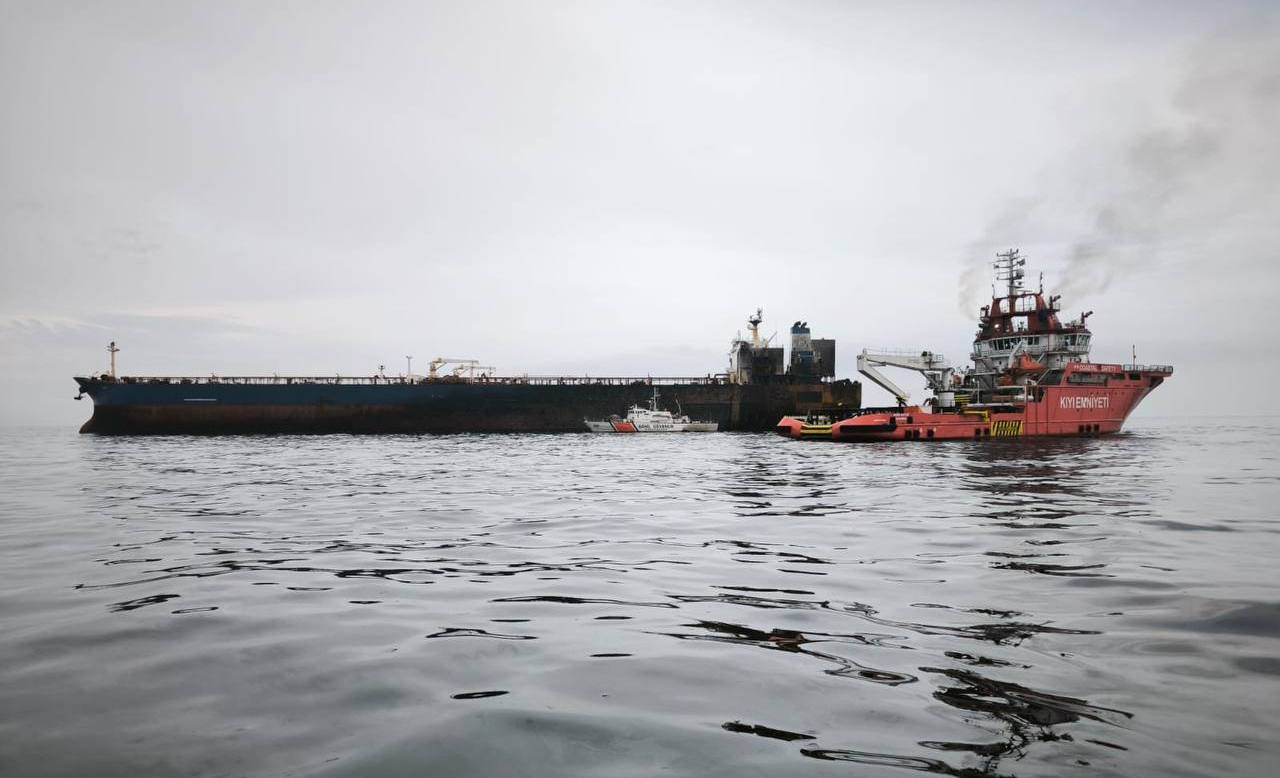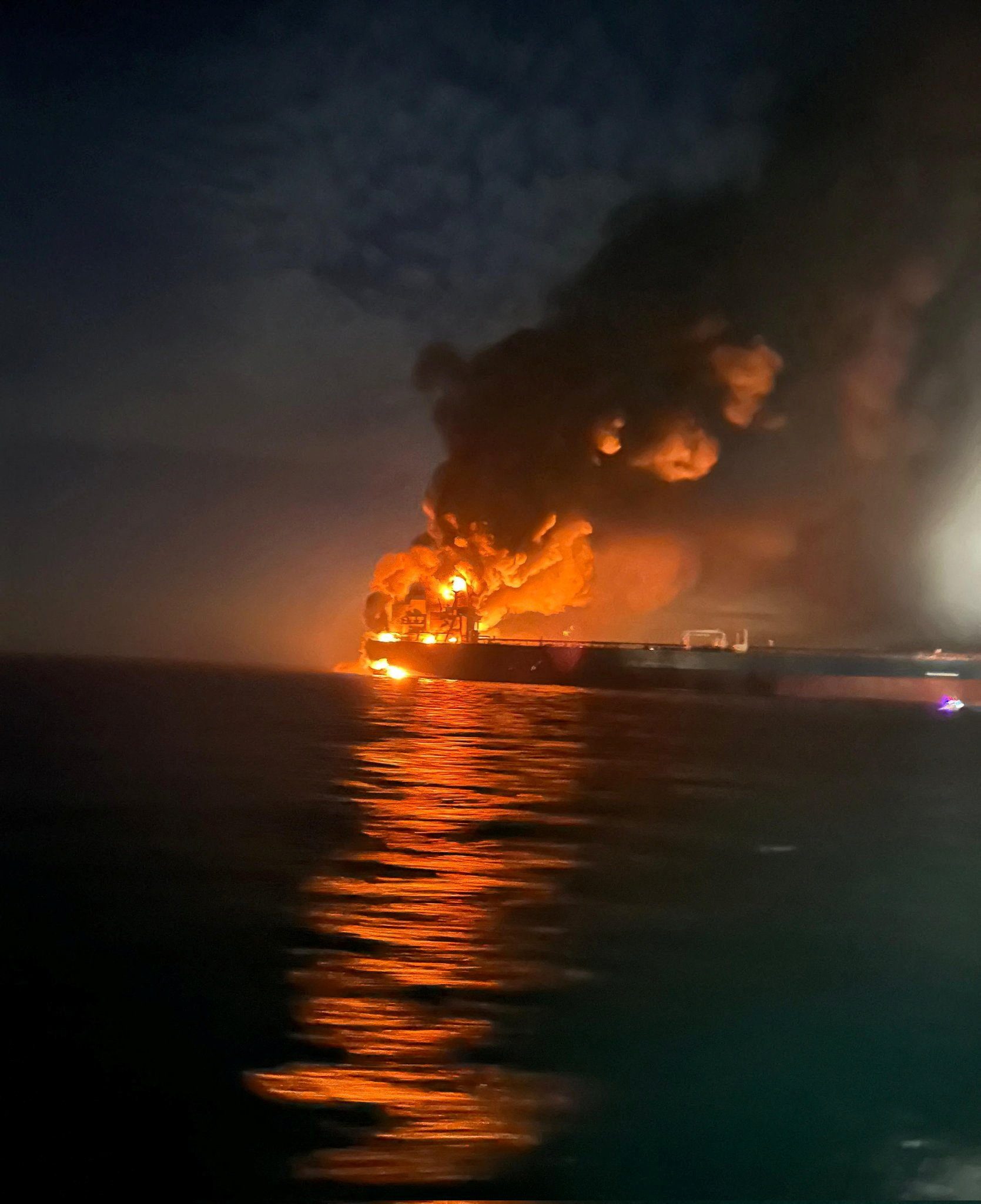By Barry Parker (gCaptain) –
In shipping, timing is crucial. Shortly after my previous article on carbon offsets in the maritime industry earlier this week, gCaptain published an article regarding the use of carbon insets. As detailed earlier, offsets require some finessing with external markets, and the ultimate purchaser of the offset (if the shipowner chooses to sell them) might be totally unrelated to the vessels generating the offset.
Indeed, the purchaser could be from a completely different industry. As such, offsets would involve the use of external verification providers (establishing that the investment legitimately reduces emissions by a specific amount over a certain time period) and a monetization transaction through an often opaque over-the-counter market trading mechanism.
Insets, on the other hand, refer to the very supply chain where the vessel(s) in question are deployed. For insets, the idea is that a vessel owner undertakes a specific spend (maybe capital investment, but maybe a recurring operating expense) that will lower carbon sent out the stack, and can then monetize these reductions in transactions with charterers or cargo customers.
In the simplest case of insets, pricing of the savings (with carbon reductions attested to by a Class society – though many “vendors” are entering the fray here) could be subject to an internal agreement between the owner and the charterer or cargo interest. For putting a value on the insets (remembering that each tonne of fuel savings is tied to approximately three tonnes less carbon emissions), they could look no farther than posted prices from “Compliance” markets, such as those in the European Union. The benefit to the charterer is reduced “Scope 3” emissions (those tied to goods or services purchased on the outside, in this case – the costs for moving cargo, i.e. their products or materials). Larger companies in the glare of ESG considerations are already voluntarily reporting these.
The deal discussed in the recent release involves insets, but it’s more complicated. In this case, the Danish tanker and dry bulk operator DS Norden, which has been a big advocate of biofuels (more expensive than conventional vessel fuel), is able to use the inset mechanism to fund the increased fuel costs. Customers, especially big listed charterers, are keen to reduce Scope 3 emissions (in the target sights of regulators across continents). But biofuels, with the potential to drastically lower carbon emissions, are not available in all geographies.
According to the release from Norden: “The new platform aims to connect emission reductions made by NORDEN with customers that, due to trading routes or other constraints, are not able to bunker low-carbon fuels but are still looking to decarbonize their operations or supply chains.” With insets, the benefits of reduced carbon emissions can be shifted to cargo interests, the customers of Norden “… that, due to trading routes or other constraints, are not able to bunker low-carbon fuels but are still looking to decarbonize their operations or supply chains.”
Because the savings in their “tokenized form” will likely be shown to a regulator (or might be traded to another cargo shipper), a third-party verifier is brought in to attest to the carbon savings. The press release mentions Verifavia, described as “a global verification auditing body specialized in transport.” Earlier in the year, we saw something similar (although without the tradability potential) in a deal reported on gCaptain between freight forwarder Schenker and container carrier MSC (which would fuel certain vessels with biofuels). The bottom line in that deal was that “Customers will be able to book regular net-zero ocean transport and receive an annual certificate of their emission reduction for their carbon footprint.”
In the background on 123Carbon, the Netherlands-based overseer of the blockchain underlying the platform for DS Norden, its mission includes a role in assisting cargo carriers with “Cost recovery for fleet decarbonization” and assisting the cargo side with “Improved control of achieving Net Zero targets.” 123Carbon describes itself as “The first independent one-stop-shop for carbon insetting for Freight Transport.”
To sum up the efforts at DS Norden and MSC, the idea of customers paying more for cleaner ocean transport (and its reduced Scope 3 emissions) is quickly moving from aspirational concept to reality.

 Join The Club
Join The Club











